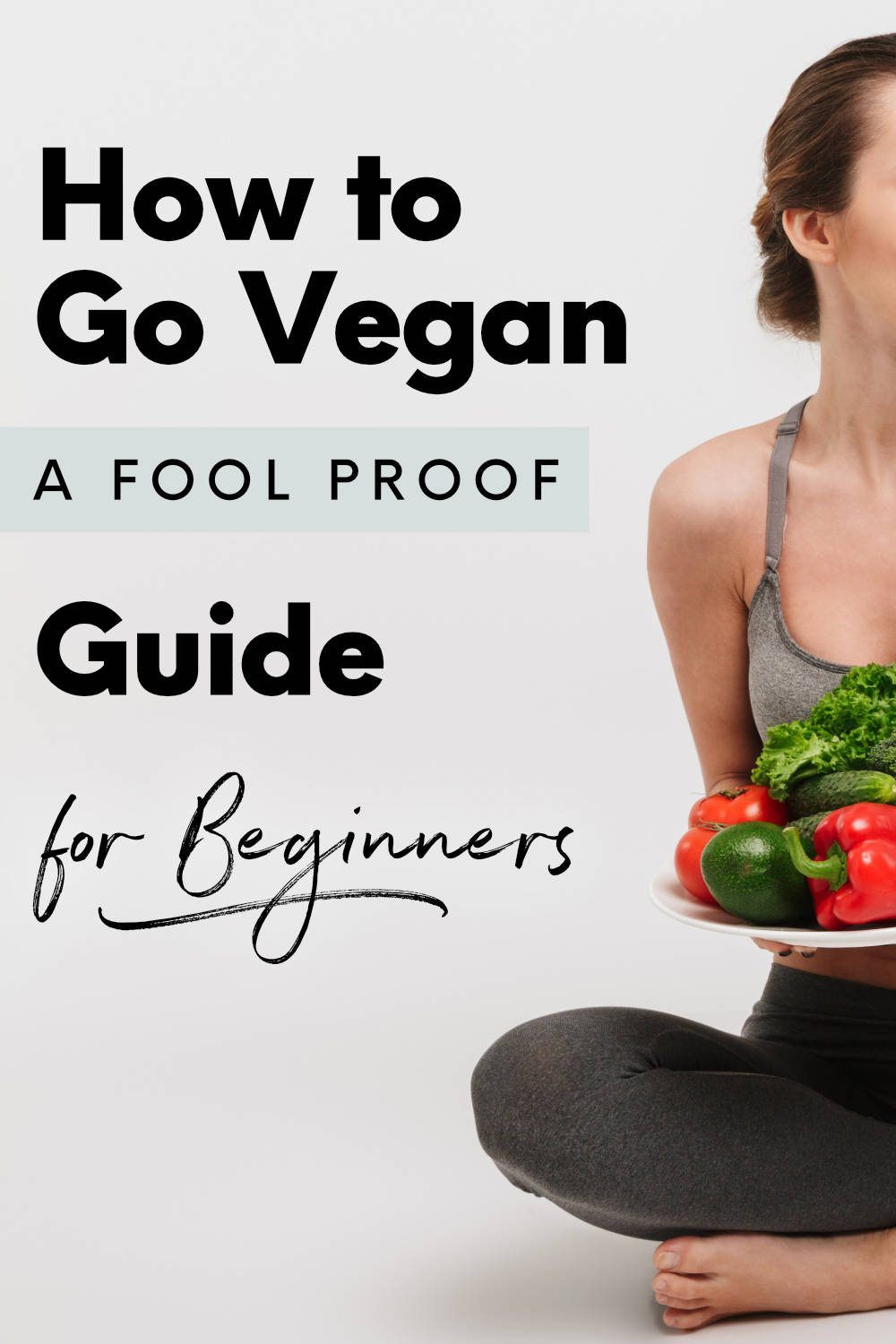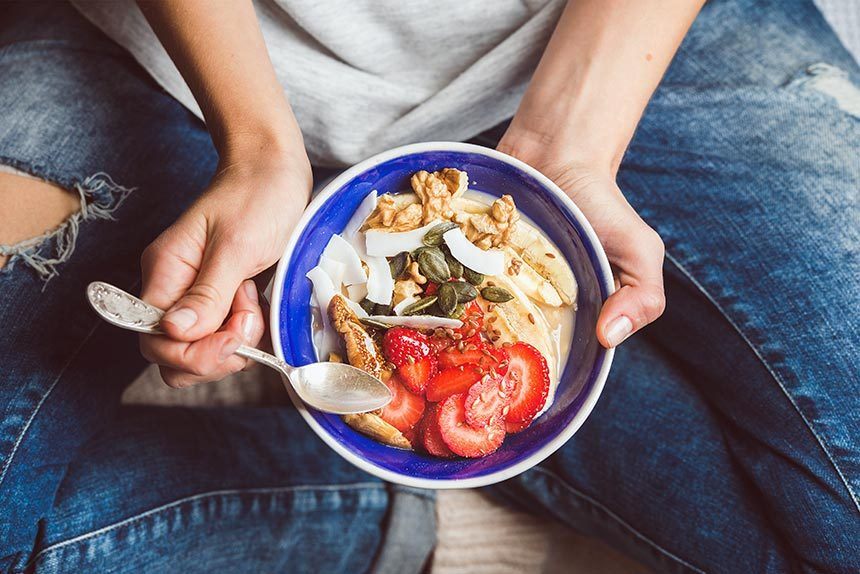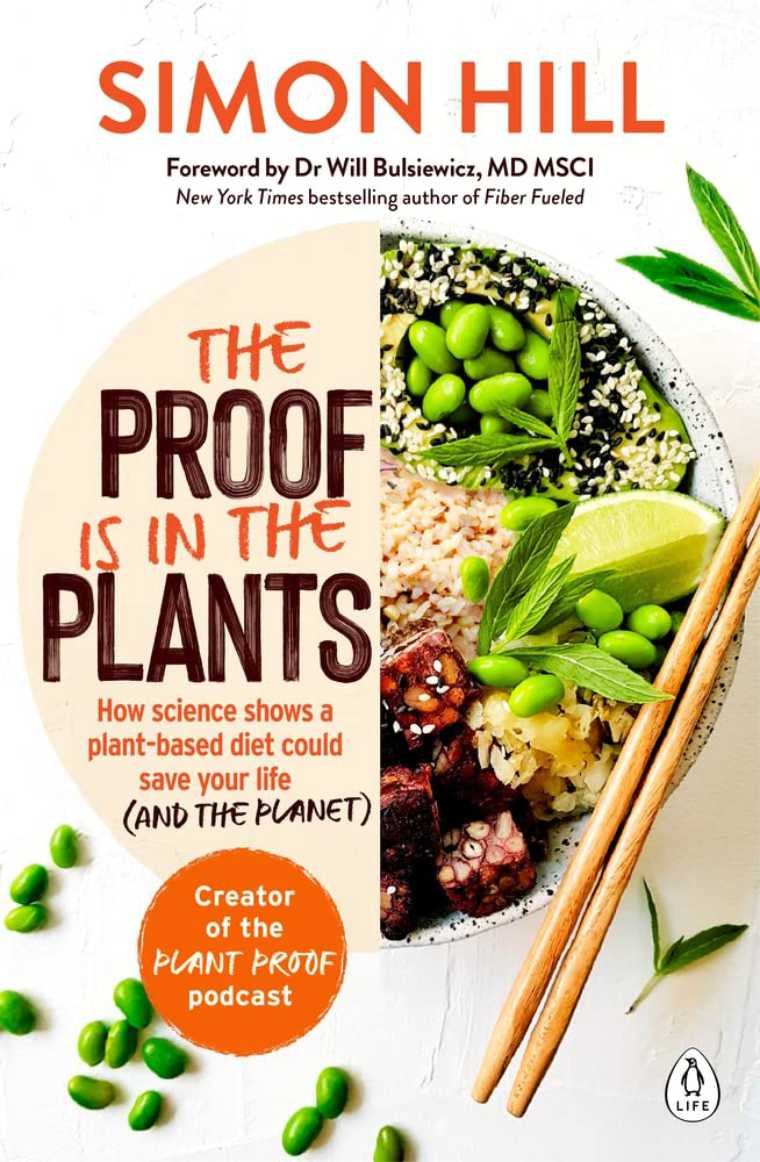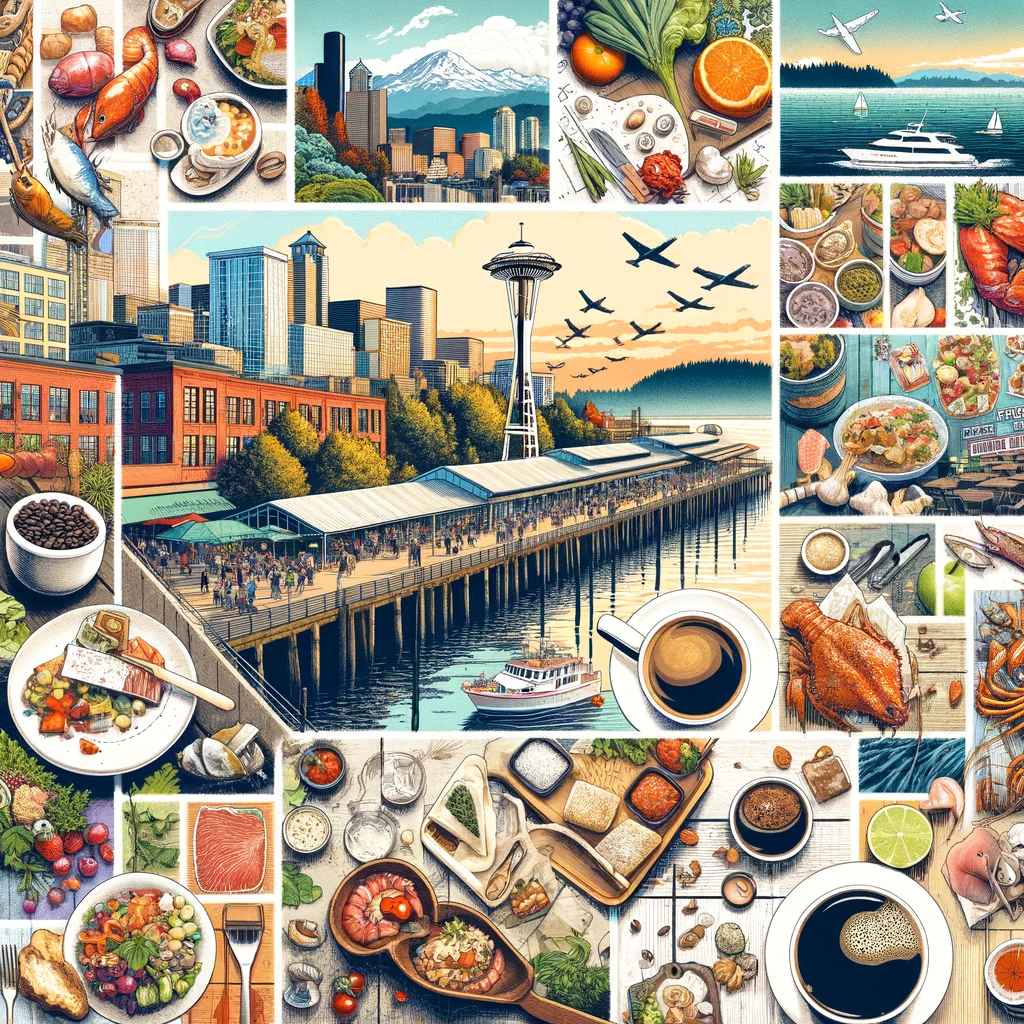How to Transition to a Vegan Diet: Tips and Tricks


Understanding Veganism
What is a vegan diet?
If you're considering transitioning to a vegan diet, it's important to understand what it entails. A vegan diet excludes all animal products, including meat, poultry, fish, dairy, eggs, and even honey. Instead, it focuses on plant-based foods such as fruits, vegetables, whole grains, legumes, nuts, and seeds. The goal is to eliminate the use and exploitation of animals for food and other purposes.
Difference between vegetarian and vegan diets
While both vegetarian and vegan diets avoid meat, fish, and poultry, there are key differences. Vegetarians may still consume animal-derived products like dairy and eggs. Vegans, on the other hand, eliminate all animal products entirely. Going vegan takes the commitment to embrace a lifestyle that respects animal rights and focuses on ethical choices beyond just the diet.
Common misconceptions about veganism
As you embark on your vegan journey, it's important to address some common misconceptions. One misconception is that a vegan diet lacks essential nutrients like protein or calcium. However, a well-planned vegan diet can provide all the necessary nutrients for a healthy life. Another misconception is that vegan food is boring or tasteless. On the contrary, with the abundance of plant-based recipes and innovative cooking techniques, vegan food can be delicious, diverse, and exciting.
Remember, transitioning to a vegan diet is a personal choice that comes with a positive impact on your health, the environment, and animal welfare. Embrace the journey with an open mind and a joyful spirit!

Health Considerations
Are you considering transitioning to a vegan diet? Congratulations! Embarking on a plant-based journey can have numerous benefits for your health and the environment. Here are some essential factors to consider as you make the transition to a vegan lifestyle.
Nutritional requirements on a vegan diet
Meeting your nutritional needs: Moving to a vegan diet means ensuring that you get all the essential nutrients your body requires. Focus on incorporating a variety of plant-based foods such as fruits, vegetables, whole grains, legumes, nuts, and seeds. These will provide you with a wide range of vitamins, minerals, and antioxidants.
Getting enough protein, iron, and vitamins
Protein: Contrary to popular belief, it is absolutely possible to get enough protein on a vegan diet. Sources like tofu, tempeh, lentils, chickpeas, and quinoa are all rich in plant-based protein.
Iron: Plant-based sources of iron include leafy greens, legumes, whole grains, and fortified cereals. Combining these with vitamin C-rich foods like citrus fruits or bell peppers can enhance iron absorption.
Vitamins: Ensure you're getting adequate amounts of vitamin B12, as this nutrient is primarily found in animal products. Consider taking a B12 supplement or consuming fortified foods like plant-based milks and breakfast cereals.
Potential health benefits and risks
Health Benefits: Transitioning to a vegan diet can reduce the risk of chronic diseases such as heart disease, high blood pressure, and type 2 diabetes. It can also promote healthy weight loss and improve overall digestion.
Health Risks: However, it is important to be mindful of potential nutrient deficiencies, such as vitamin B12, omega-3 fatty acids, calcium, and iodine. Careful meal planning and incorporating fortified foods or supplements can help address these concerns.
Remember, transitioning to a vegan diet should be a gradual process. Consulting with a healthcare professional or registered dietitian can provide personalized guidance and ensure you maintain optimal health throughout your journey. Happy vegan eating!

Transitioning To a Vegan Diet
Steps to start transitioning
So you've decided to embrace a vegan lifestyle, and you're ready to make a positive impact on your health, the environment, and animal welfare. Congratulations! Here are some steps to help you smoothly transition to a vegan diet:
-
Start with small changes: Begin by replacing one or two meals a week with vegan options. This gradual approach will make the transition more manageable and sustainable.
-
Educate yourself: Learn about plant-based protein sources, essential nutrients, and vegan cooking techniques. There are plenty of online resources, cookbooks, and vegan communities that can provide guidance and support.
Replacing animal-based products with plant-based alternatives
Transforming your diet involves finding plant-based alternatives for animal-based products. Here are some simple swaps you can make:
- Replace dairy milk with almond, soy, or oat milk.
- Swap meat for plant-based protein sources like tofu, tempeh, beans, lentils, and seitan.
- Use vegan butter or margarine instead of dairy butter.
- Experiment with vegan cheeses made from nuts or soy.
Meal planning and grocery shopping tips
Effective meal planning and smart grocery shopping are key to maintaining a vegan lifestyle. Here's how you can make it easier:
- Plan your meals in advance to ensure you have all the necessary ingredients.
- Explore local farmers markets or the produce section of your grocery store for fresh fruits and vegetables.
- Read labels carefully to avoid hidden animal ingredients like gelatin or honey.
- Stock up on pantry staples like grains, legumes, nuts, and seeds.
Remember, transitioning to a vegan diet is a journey, and don't be too hard on yourself if you make mistakes along the way. Embrace the adventure, try new recipes, and enjoy discovering the incredible flavors and benefits of plant-based eating.

Overcoming Challenges
Dealing with cravings and social situations
Congratulations on transitioning to a vegan lifestyle! It's an incredible decision for your health, the environment, and animal welfare. While making this shift may seem daunting at first, remember that you're not alone. Here are some tips to help you overcome common challenges you may face along the way.
-
Cravings: It's normal to crave non-vegan foods, especially in the beginning. To combat this, try finding vegan alternatives to your favorite dishes or experimenting with new plant-based recipes. Surround yourself with supportive friends and family who understand your dietary choices.
-
Social situations: Eating out or attending social events might be tricky initially, but many restaurants now offer vegan options. Research vegan-friendly places in advance or call ahead to inquire. Communicate your dietary preferences to friends and family, so they can accommodate your needs.
Eating out as a vegan
-
Staying motivated: Remind yourself of the reasons you chose a vegan lifestyle. Educate yourself on the health benefits, environmental impact, and ethical considerations associated with veganism. Join online vegan communities or follow inspiring vegans on social media for support and motivation.
-
Commitment: Transitioning to a vegan lifestyle is a journey, and it's important to be patient with yourself. Surround yourself with like-minded individuals who can offer guidance and support. Celebrate your successes, no matter how small, and remember that every meal is an opportunity to make a positive impact.
Remember, transitioning to a vegan lifestyle is a personal journey, and it's okay to make occasional mistakes. Embrace the process and celebrate the positive changes you're making in your life and the world around you. You've got this!

Vegan Recipes and Meal Ideas
Are you ready to embark on a delightful journey into the world of veganism? Transitioning to a vegan diet can be both exciting and rewarding. Not only does it provide numerous health benefits, but it also promotes animal welfare and helps reduce your carbon footprint. If you're wondering how to get started, here are some helpful meal ideas and recipes to make your transition to a vegan lifestyle a breeze.
Quick and easy vegan meal options
Breakfast: Start your day off right with a delicious and nutritious vegan breakfast. Enjoy a hearty bowl of oatmeal topped with fresh fruits, nuts, and a drizzle of maple syrup.
Lunch: For a satisfying midday meal, try a veggie-packed wrap filled with crispy tofu, avocado, lettuce, tomato, and a creamy tahini dressing.
Dinner: Dig into a mouthwatering plate of vegan pasta primavera loaded with seasonal vegetables and tossed in a zesty tomato sauce.
Plant-based protein sources
Protein is an essential component of any diet, and going vegan doesn't mean you have to skimp on it. Incorporate plant-based protein sources into your meals like tofu, tempeh, legumes, quinoa, and chia seeds. These ingredients are not only rich in protein but also packed with other essential nutrients.
Delicious vegan dessert recipes
Who says being vegan means giving up on sweet treats? Indulge in delicious desserts without any animal products. Try baking a batch of vegan chocolate chip cookies or whip up a creamy and refreshing vegan mango sorbet. With these recipes, satisfying your sweet tooth has never been easier.
So go ahead and explore the wonderful world of vegan cuisine. Your taste buds and the planet will thank you!

Environmental Impact
How animal agriculture contributes to environmental issues
If you are considering transitioning to a vegan diet, congratulations! Not only will you be taking a step towards improving your health, but you will also be making a positive impact on the environment.
Animal agriculture is a major contributor to various environmental issues. Here are a few ways it affects our planet:
-
Climate Change: Livestock farming generates a significant amount of greenhouse gas emissions, including methane and nitrous oxide. These gases contribute to global warming and climate change.
-
Deforestation: The production of animal feed requires vast areas of land. This leads to deforestation, destroying valuable ecosystems and habitats for wildlife.
-
Water Pollution: Animal agriculture is a major source of water pollution. The waste from factory farms containing harmful substances such as antibiotics, hormones, and pathogens often finds its way into water bodies, polluting them.
-
Water Scarcity: The production of meat and dairy products requires a substantial amount of water. By transitioning to a vegan diet, you can significantly reduce your water footprint and contribute to the conservation of this precious resource.
By adopting a vegan diet, you can help combat these environmental issues. Embracing plant-based alternatives and reducing your consumption of animal products will have a positive impact on the planet and create a more sustainable future.
Remember, every small step counts, and your decision to transition to a vegan diet is a big step towards making a difference. Enjoy the journey and explore the countless delicious and nutritious vegan options available to you!

Cruelty-Free Lifestyle
Congratulations on taking the first step towards a cruelty-free lifestyle! Transitioning to a vegan diet is a fantastic decision not only for your health but also for the well-being of animals and the planet. Here are some tips to help you navigate this exciting journey:
Avoiding animal testing in personal care products and cosmetics
You may already know that many personal care products and cosmetics are tested on animals. However, there are plenty of amazing cruelty-free alternatives available. To make the transition easier, follow these steps:
-
Do your research: Look for brands that are certified cruelty-free or have ethical sourcing policies. Check if they are listed on credible cruelty-free databases or carry recognized logos such as the Leaping Bunny or PETA's cruelty-free bunny.
-
Read the labels: Look for products with clear statements like “Not tested on animals” or “Cruelty-free”. Also, watch out for ingredients derived from animals such as lanolin or carmine.
-
Support vegan brands: Many companies are not only cruelty-free but also offer vegan products. Opt for these brands to ensure that no animals or animal by-products are involved.
-
Spread the word: Share your journey with others and encourage them to make cruelty-free choices too. By creating awareness, you can influence more people to choose products that align with their values.
Remember, transitioning to a cruelty-free lifestyle is a journey. Take it one step at a time, and be proud of the positive impact you are making. Enjoy discovering new vegan products and embracing a compassionate way of living!

Vegan Resources and Support
Useful websites, blogs, and books for vegan beginners
Are you considering transitioning to a vegan diet? Congratulations on making a compassionate and eco-friendly choice! Going vegan can bring a host of benefits, from improved health to reduced carbon footprint. And to make your transition smooth and enjoyable, it's essential to have access to reliable resources and support.
Here are some useful websites, blogs, and books that can guide you on your vegan journey:
-
Veganuary: This popular website offers a free 31-day vegan pledge, providing recipes, meal plans, and tips to help you navigate your first month as a vegan.
-
No Meat Athlete: While geared towards athletes, this blog provides invaluable resources for anyone interested in a vegan diet. You'll find practical tips, recipes, and guidance on adopting a plant-based lifestyle.
-
Minimalist Baker: If you're looking for simple and delicious vegan recipes, this blog is an excellent resource. It offers a vast collection of plant-based dishes that require 10 ingredients or less and take 30 minutes or less to prepare.
-
Vegan Starter Kit by Neal D. Barnard: This book provides practical advice, meal plans, and recipes to help newcomers embrace a vegan lifestyle.
Remember, transitioning to a vegan diet is a personal journey, and it's normal to face challenges along the way. These resources can offer support, inspiration, and guidance as you navigate the world of plant-based eating.

Conclusion
Congratulations on making the decision to transition to a vegan lifestyle! Embarking on this journey will not only benefit your health but also the environment and animal welfare. Remember, transitioning to a vegan diet doesn't have to be challenging or overwhelming. Take it one step at a time and find joy in discovering new plant-based foods and recipes.
The journey towards a vegan lifestyle
Step 1: Educate Yourself – Learn about the benefits of a vegan diet, familiarize yourself with plant-based protein sources, and understand how to meet your nutritional needs without animal products.
Step 2: Make Gradual Changes – Start by incorporating more fruits, vegetables, whole grains, legumes, and plant-based proteins into your meals. Gradually replace animal-based products with vegan alternatives.
Step 3: Experiment with New Recipes – Discover the variety of delicious and satisfying plant-based recipes available. Try new flavors, explore different cuisines, and find vegan substitutes for your favorite dishes.
Step 4: Seek Support – Connect with the vegan community, join online forums, and attend local events. Surround yourself with like-minded individuals who can provide guidance, advice, and support throughout your vegan journey.
Step 5: Embrace the Benefits – Enjoy the numerous benefits of a vegan lifestyle, including improved health, reduced environmental impact, and the satisfaction of knowing you're making a positive change for animals.
Remember, transitioning to a vegan lifestyle is a personal journey. Take your time, be patient with yourself, and embrace the positive changes that come with living compassionately and sustainably.



